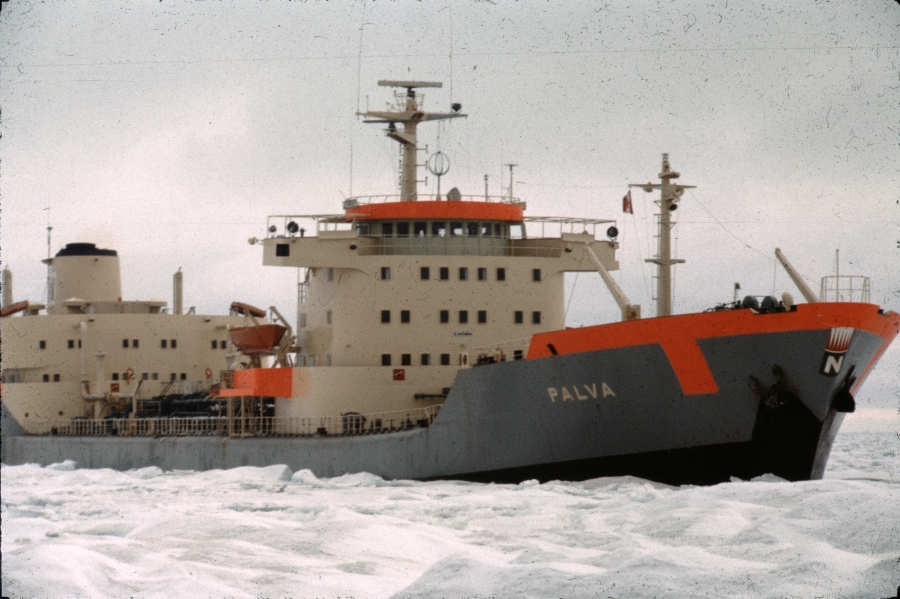International shipping rules in Polar waters, also known as the Polar Code, came into force on January 1st, 2017.

The Polar Code covers the full range of design, construction, equipment, operational, training, search and rescue and environmental protection matters relevant to ships operating in Arctic and Antarctic waters.
The Code includes mandatory measures that aim to prevent pollution in the unique environment and ecosystems of the polar regions. It also provides regulations on the vessels that can be used in poalr waters and stipulates adequate training of ship crews so they can handle hazardous situations that may arise.
The Polar Code was agreed upon in 2014 by the United Nations’ International Maritime Organization (IMO).
WWF-Canada considers the Polar Code to be a big step forward to helping to protect the fragile Arctic environment. However, many environmental groups would also like the Code to ban the use of heavy fuel oils in the Arctic due to potential impacts from a spill, according to the CBC.
